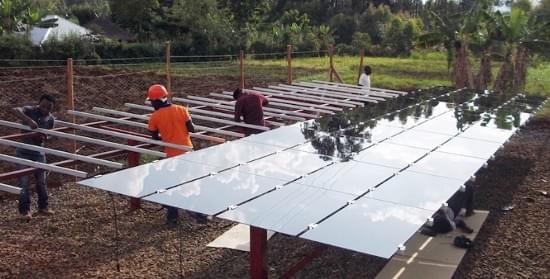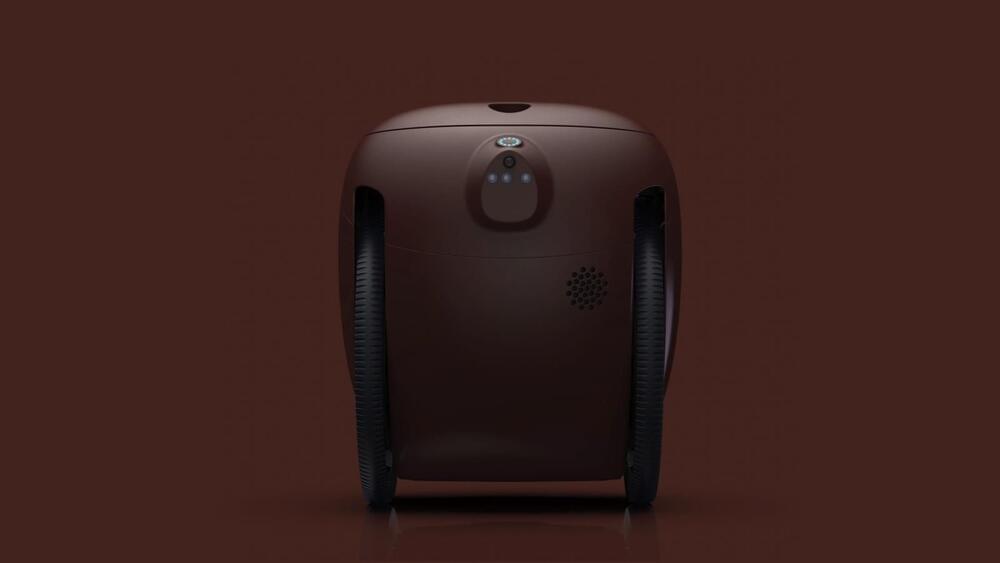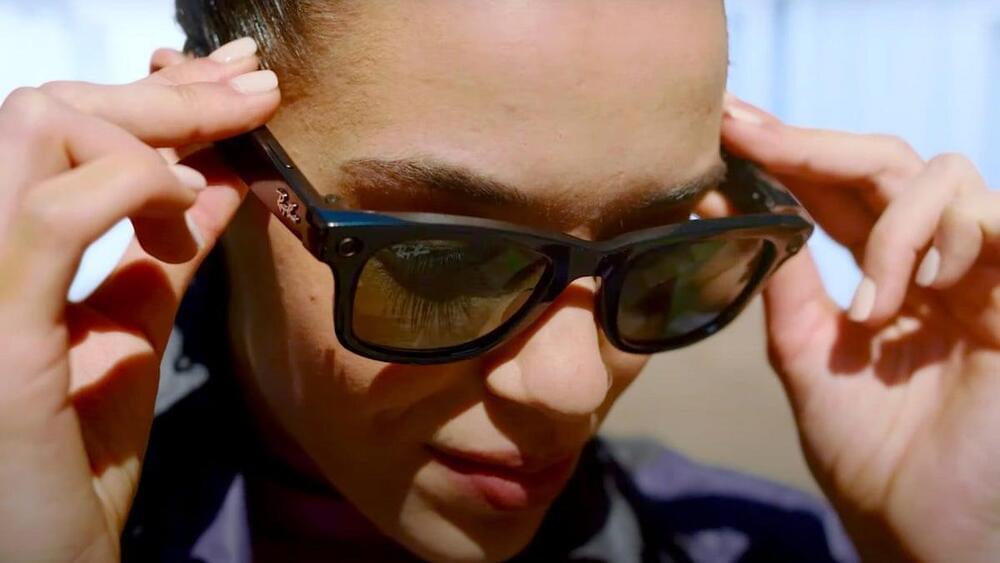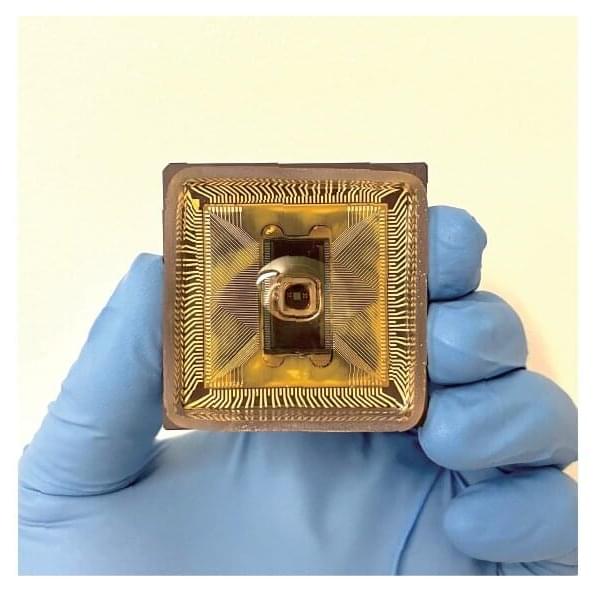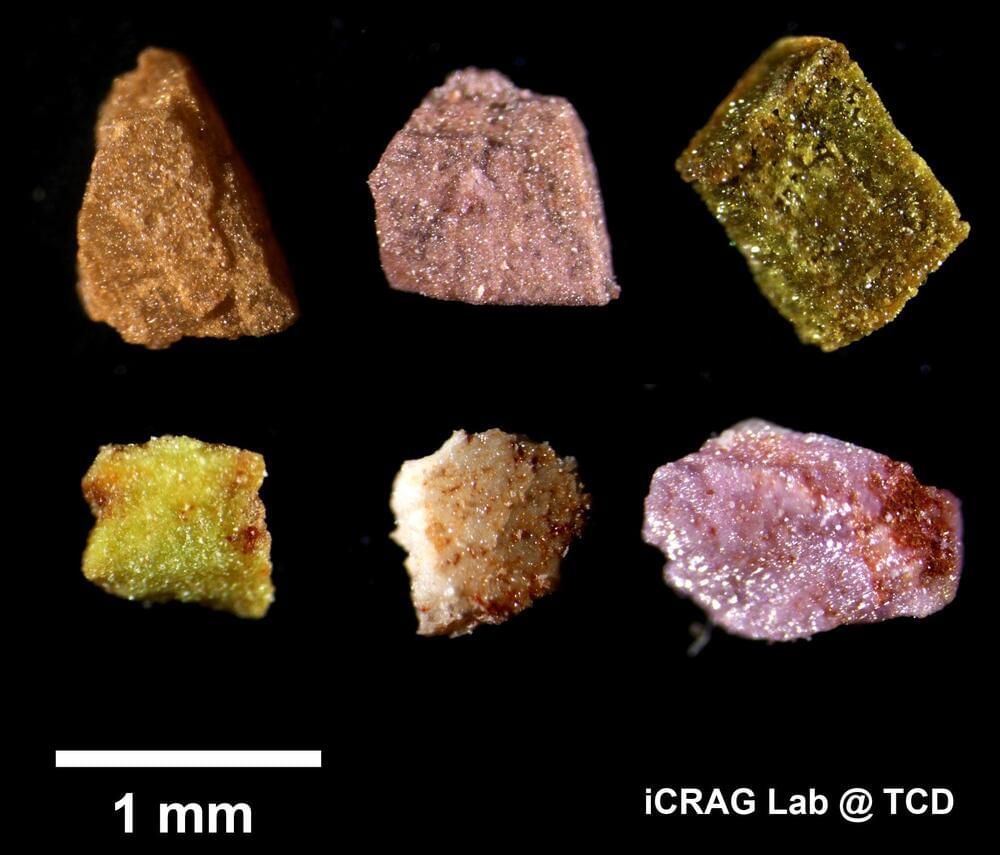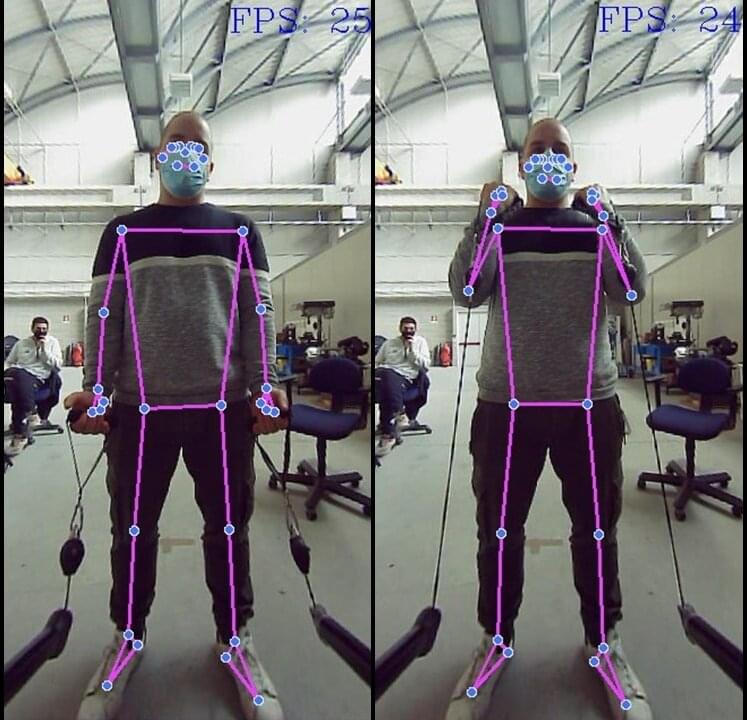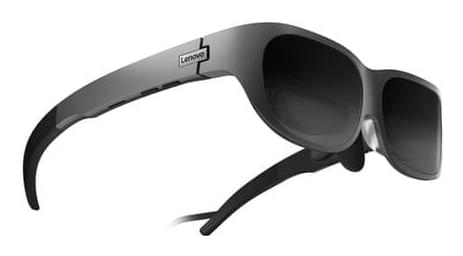Oct 4, 2022
Bruce Willis denies selling deepfake rights to Deepcake
Posted by Kelvin Dafiaghor in categories: business, mobile phones
On Friday, Ars Technica reported that Bruce Willis had sold his likeness for use in deepfakes, according to The Telegraph. Dozens of news sites repeated the Telegraph’s claim. Over the weekend, the BBC discovered that Bruce Willis has “no partnership or agreement” with the firm Deepcake, which is based in Georgia, the Eurasian republic.
It’s unclear how the inaccurate claim originated at The Telegraph. While reporting last Friday, we attempted to verify some of the claims in the original Telegraph article (such as Willis being the first actor to sell his deepfake rights), but we could not do so, and we noted that in the report. We also noted that Deepcake is doing business in America under a corporation registered in Delaware. However, we failed to follow through with verifying the entire claim, and we apologize for the error and for repeating the erroneous information.
It’s unclear if Deepcake ever had the rights to use Bruce Willis’ likeness on its website or in its marketing materials. Deepcake told the BBC, “What he definitely did is that he gave us his consent (and a lot of materials) to make his Digital Twin.” Deepcake also claims, per The Hollywood Reporter, that the company’s involvement with Willis arrived through the Creative Artists Agency for use in a 2021 Russian cell phone commercial. However, Willis’ representatives still deny having any involvement with the company.

